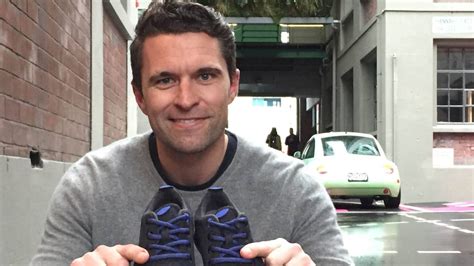A Quote by Clark Terry
Imitate, assimilate & innovate.
Quote Topics
Related Quotes
The characteristic of the first sort of religion is imitation. It insists on imitation: imitate Buddha, imitate Christ, imitate Mahavir, but imitate. Imitate somebody. Don`t be yourself, be somebody else. And if you are very stubborn you can force yourself to be somebody else. You will never be somebody else. Deep down you cannot be. You will remain yourself, but you can force so much that you almost start looking like somebody else.
When people go to a new country, whether as refugees or immigrants, kids usually assimilate easily, but it's much harder for the grownups. Especially, oftentimes, for the mothers, because they are usually confined to the house. They're not going to school, and they're not necessarily holding down a job. It's tough. It's not easy to assimilate to a new culture when you're an adult.
Schools teach you to imitate. If you don't imitate what the teacher wants you get a bad grade. Here, in college, it was more sophisticated, of course; you were supposed to imitate the teacher in such a way as to convince the teacher you were not imitating, but taking the essence of the instruction and going ahead with it on your own. That got you A's. Originality on the other hand could get you anything -- from A to F. The whole grading system cautioned against it.



































